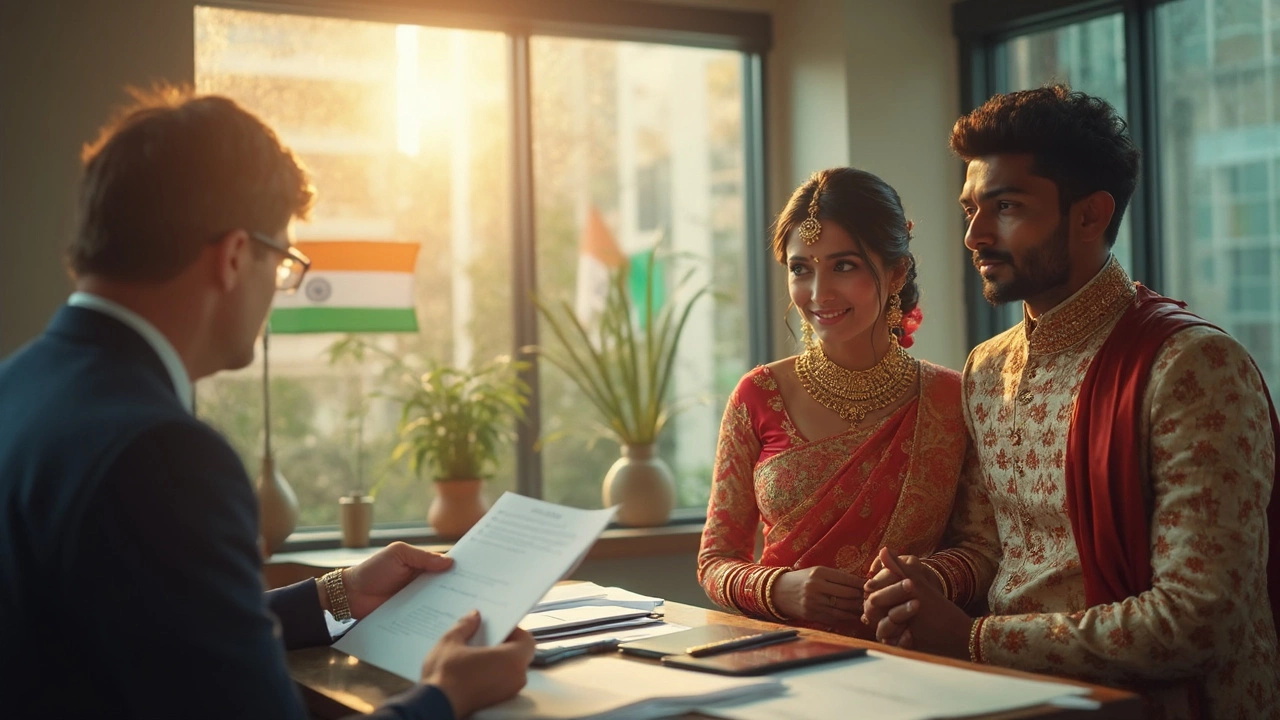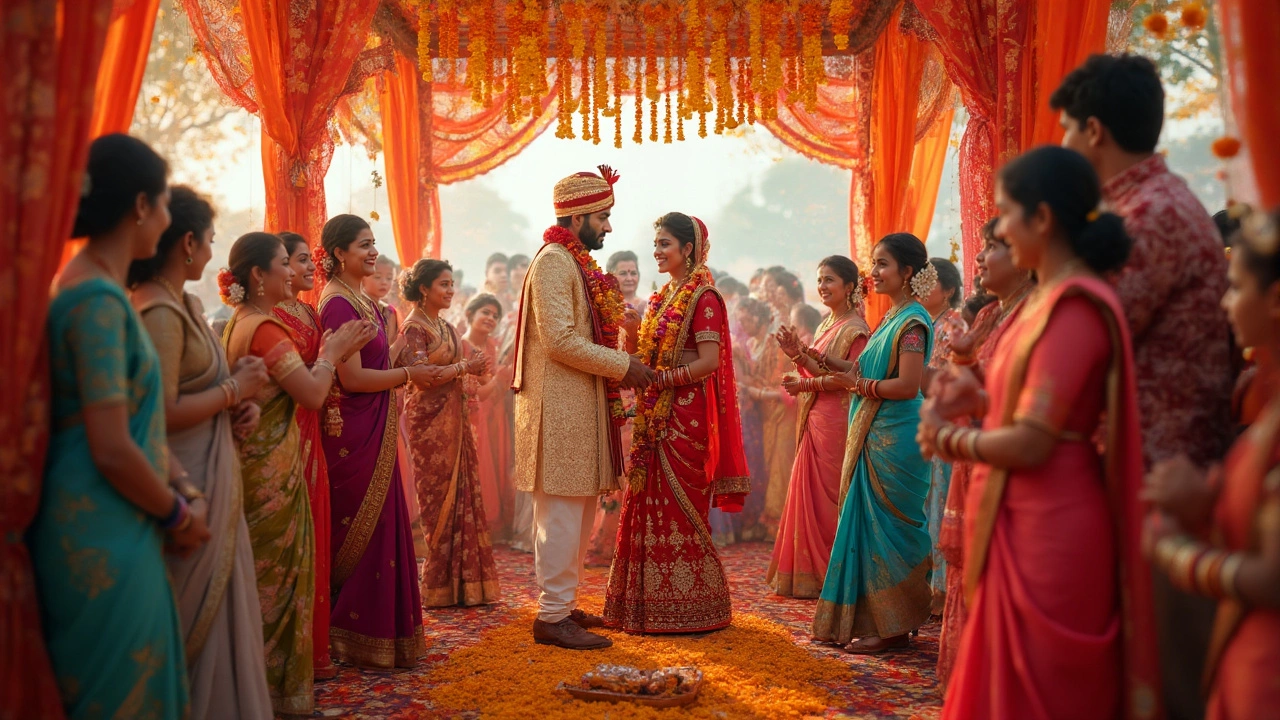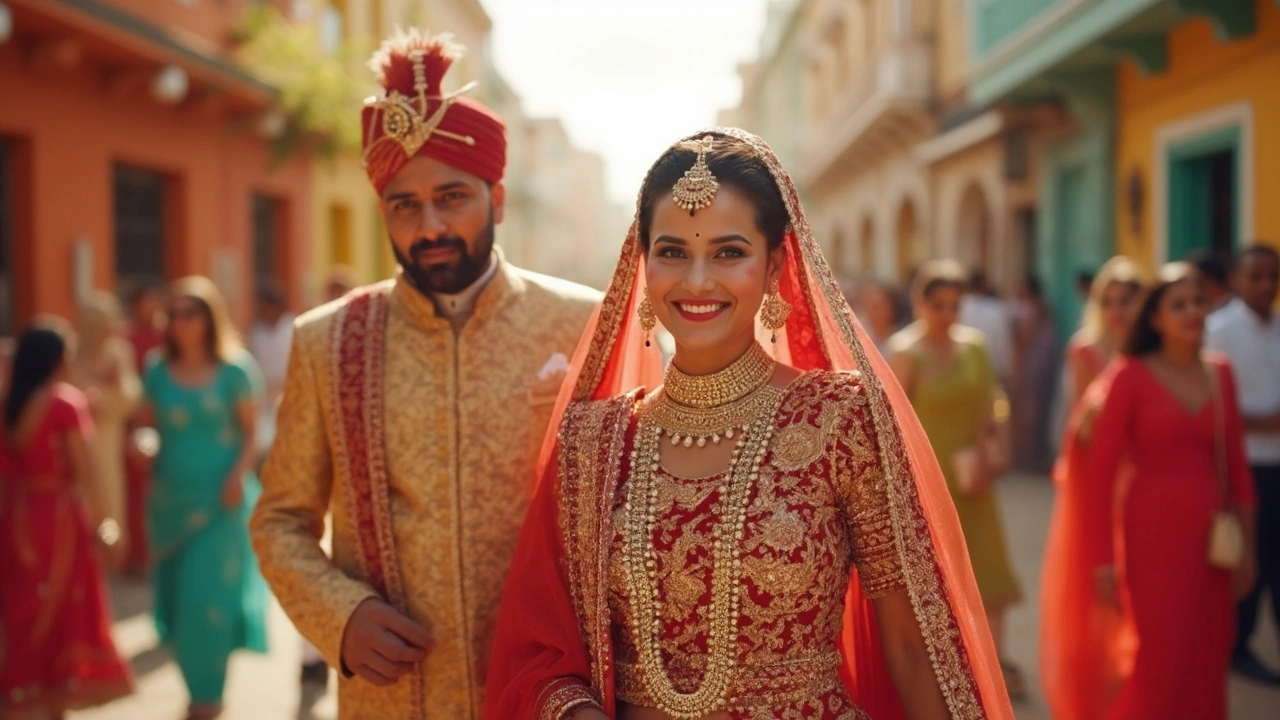Indian Marriage: What You Need to Know
Thinking about getting married or already tied the knot in India? You probably have a lot of questions about the legal side of things. From who can marry whom to what happens if things go wrong, the law is there to protect both partners. Let’s break it down in plain English so you can focus on the happy part of marriage.
Key Legal Requirements
First off, the law sets a few clear rules before you can call yourself married. You must be at least 18 years old if you’re a woman and 21 for a man. Both parties need to give free and informed consent – no pressure, no force. If you belong to different religions, you can marry under the Special Marriage Act, which doesn’t require you to convert.
Documentation is another must‑have. You’ll need identity proof (like a passport or Aadhaar), address proof, age proof (school certificates or birth certificate), and a passport‑size photo. For the Special Marriage Act, you also have to post a public notice for 30 days to allow any objections.
Once the paperwork is sorted, a marriage registrar or a religious priest conducts the ceremony. After the vows, the registrar issues a marriage certificate – this is the official proof you’ll need for everything from bank accounts to applying for a visa.
Divorce and Separation Basics
Even though we hope marriage lasts forever, the law recognizes that sometimes it doesn’t work out. The most common route is a mutual consent divorce, where both partners agree to end the marriage and file together. There’s a mandatory waiting period of one year after filing, and a six‑month cooling‑off period after the first hearing. If both parties still want to proceed, the court grants the divorce.
If one side doesn’t consent, you can file a contested divorce. Grounds include cruelty, desertion, adultery, or a long separation (usually two years). These cases take longer and may involve more evidence, but the court will still weigh the facts fairly.
In either scenario, you’ll need to settle financial matters – alimony, child support, and division of property. Indian courts follow the principle of ‘just and equitable’ distribution, meaning assets are split based on each person’s contribution and future needs.
There’s also a lesser‑known option called a ‘restoration of conjugal ties’ where the court can order couples to try reconciliation before finalizing a divorce. It’s not mandatory, but it offers a chance to save the marriage if both are willing.
Whatever path you choose, having a clear understanding of your rights makes the process less stressful. You don’t need a lawyer for every step, but a quick legal consultation can save you from costly mistakes later.
In short, Indian marriage law is straightforward once you know the basics: meet the age and consent rules, get the right documents, and keep the marriage certificate safe. If things go south, know your options for divorce, the waiting periods, and how assets are divided. Stay informed, stay calm, and let the law work for you.

Can I Register My Marriage in the US? What Indian Couples Need to Know
Wondering if you can register your marriage in the US, especially if your wedding was in India? This guide breaks down the basics for Indian couples—whether both partners live in the States or just one does. You'll find out what documents you'll need, how US recognition of Indian weddings works, and tips for navigating the paperwork jungle. Plus, I've tossed in some cool facts on how people avoid common registration slip-ups. This article keeps things clear, straightforward, and super relevant.

Can You Live in India if You Marry an Indian?
Thinking of tying the knot with someone from India? It's not just love you'll need to consider but also the legal bits and bobs about living in this vibrant country. From understanding the marriage registration process to how it can impact your residency, learning about these essential details can make your transition smoother. Whether you're curious about marriage visas or day-to-day living as part of an Indian family, this guide has you covered.

Registering an Overseas Marriage in the USA: A Guide for Indian Couples
If you got married overseas, it makes sense that you'd want to know how to get that marriage registered in the USA. Understanding the process can be overwhelming, especially for Indian couples, who have specific cultural and legal considerations. Registering an overseas marriage isn't just about paperwork; it's about safeguarding your legal rights and ensuring your marriage is recognized in the USA. This guide provides clear steps and practical tips to simplify the registration process.